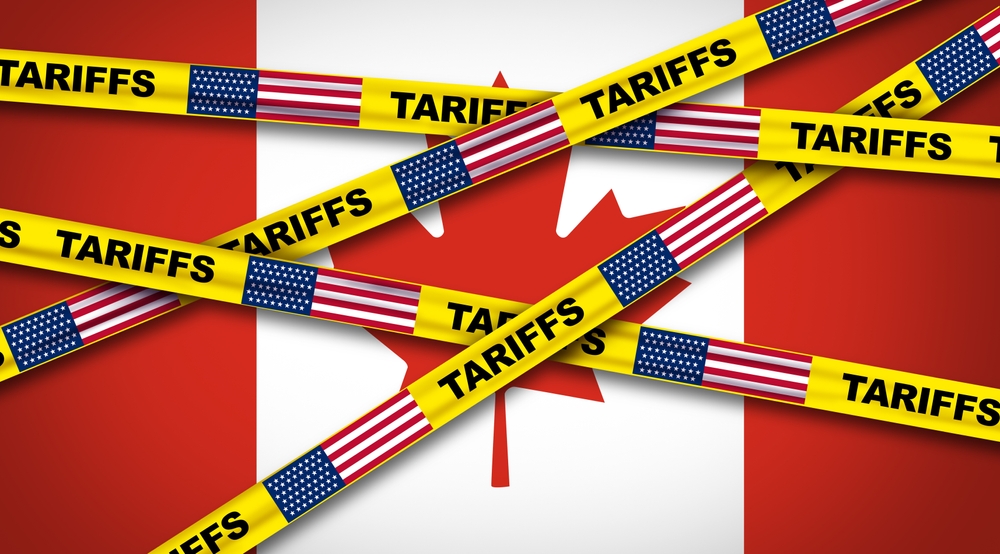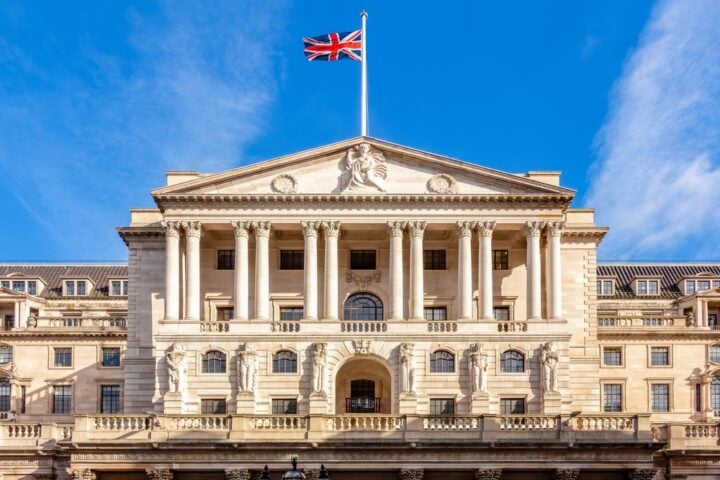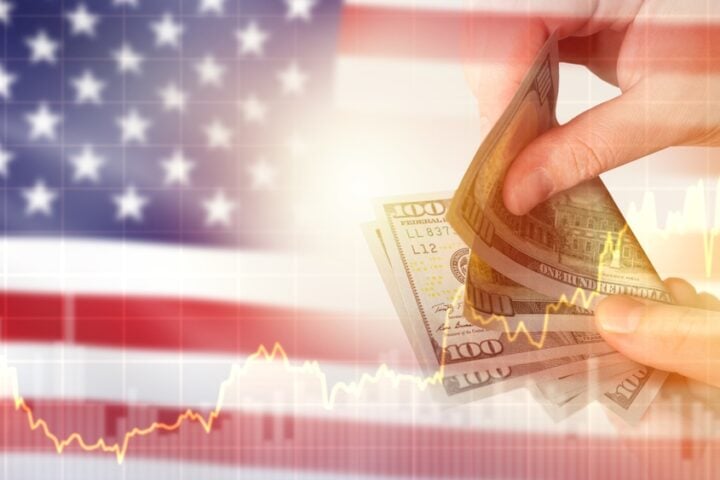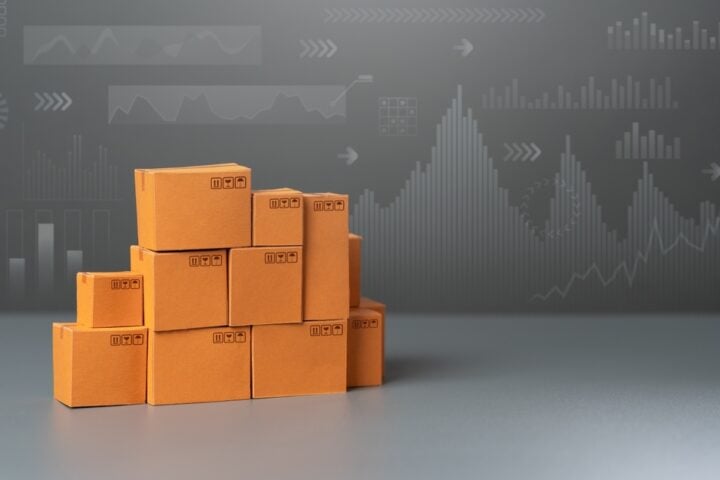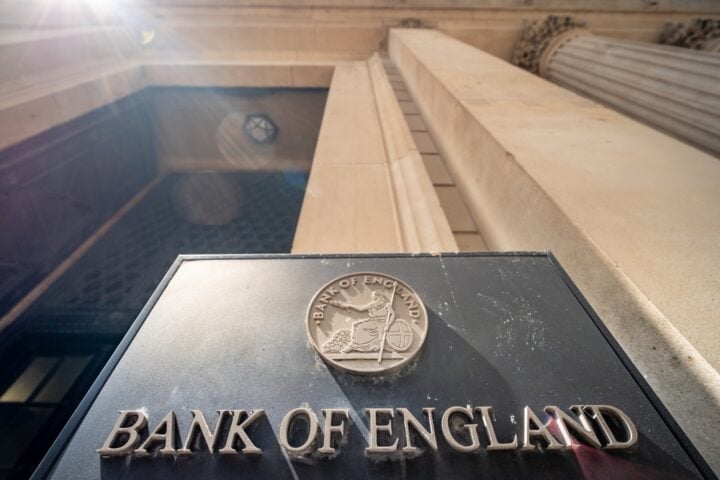U.S. President Donald Trump announced on Tuesday that he will double tariffs on imported steel and aluminum from Canada to 50%, escalating an already tense trade standoff. The move, effective Wednesday, also applies a 25% tariff on metals from other nations, rattling financial markets and heightening inflation concerns.
Escalation Amid Power Dispute
The tariff hike comes in response to Ontario Premier Doug Ford’s threat to impose a 25% surcharge on electricity exported to U.S. homes. Ford remained defiant, stating, “We will not back down,” while Trump called Canada’s trade policies on dairy and agriculture “egregious.”
The U.S. President also threatened higher tariffs on Canadian auto imports set for April 2 unless Canada removes other trade barriers.
Economic and Market Fallout
Trump’s latest trade move shook financial markets, with the S&P 500 dropping over 1% and the Toronto Stock Exchange’s S&P/TSX Composite index falling 0.6%. The Canadian dollar also hit a one-week low.
Since Trump’s inauguration, the S&P 1500 has lost over $5 trillion in value, raising concerns about reduced household spending.
Business Leaders on Edge
Trump is set to meet with 100 CEOs as concerns mount over the economic impact of his tariff policies. Businesses across multiple industries, from retail to travel, report declining consumer confidence and spending.
Global Trade Disruptions
Trump’s administration will enforce broad 25% tariffs on steel and aluminum imports from Canada, Brazil, Mexico, and South Korea without exemptions. In retaliation, Canada and China have imposed countermeasures, while Mexico has opted for a more cautious response.
The move sent U.S. aluminum price premiums soaring past $990 per metric ton, while concerns over a recession have intensified. Recent surveys show that 70 out of 74 economists across North America see increasing economic risks.
Wider Economic Impact
Trump’s tariff policies have eroded small business confidence, with a Federal Reserve Bank of New York survey revealing growing consumer pessimism over inflation, jobs, and personal finances.
Delta Air Lines CEO Ed Bastian warned of stalled corporate spending and declining travel demand, citing uncertainty as a key factor.
Looking Ahead
With auto tariffs looming in April and reciprocal duties from key trade partners, markets brace for further volatility. Trump’s strategy to bolster U.S. industry through tariffs faces mounting scrutiny as economic risks rise.


